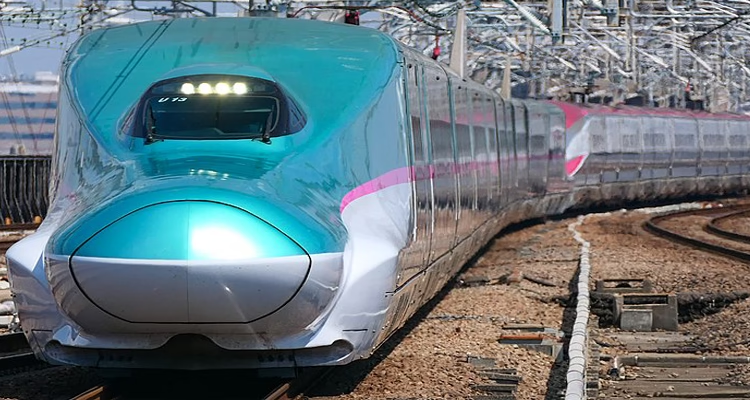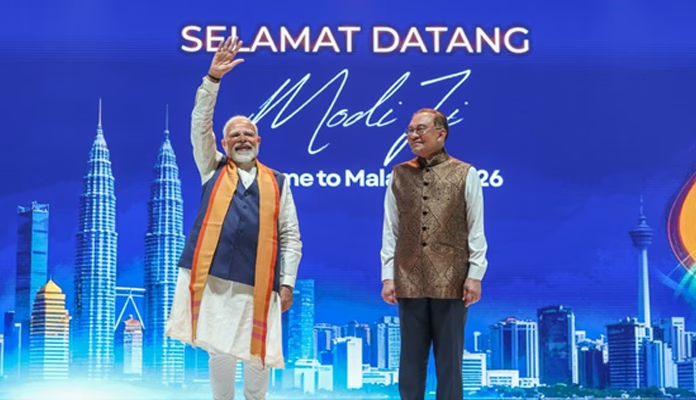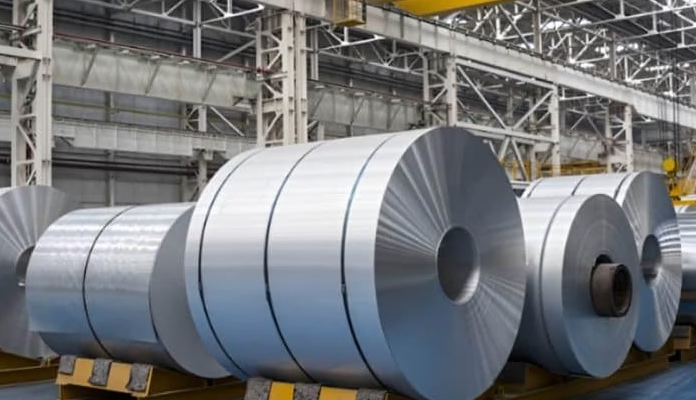
New Delhi: India is reportedly set to abandon its plans to import Japan’s Shinkansen (bullet trains) for the Mumbai-Ahmedabad High-Speed Rail (MAHSR) corridor, after failed price negotiations and revised pricing norms stalled the project for seven years.
Instead, the Indian government has shifted its focus to a “Make-in-India” initiative, awarding the manufacturing contract to a joint venture between BEML Ltd and Medha Servo Drives in September. This partnership is already responsible for producing the Vande Bharat trains, which will form part of India’s future high-speed rail network.
According to an official close to the matter, negotiations with the Japanese government regarding the procurement of Shinkansen trains are still ongoing, but discussions have slowed considerably over the last six months. The two governments have yet to reach an agreement on pricing and test run schedules, which has further delayed the project’s progress.
Efforts to break the deadlock included a high-level visit to Japan by Railway Minister Ashwini Vaishnaw and other senior officials in September, but the talks ended without significant resolution.
“Importing Shinkansen trains is a costly option,” one official explained. “Moreover, the long-term maintenance of these trains would require continuous expertise from Japan, which would substantially increase the overall costs of the project.”
Despite these setbacks, the Japan International Cooperation Agency (JICA) remains committed to financing the Rs 59,396 crore project, with loan terms currently under renegotiation to avoid further delays in completing the joint venture.
The MAHSR project, launched in 2017, was initially expected to be completed by December 2023, but ongoing negotiations and delays have pushed the timeline further back. As of now, the Ministry of Railways has not responded to requests for comment.




